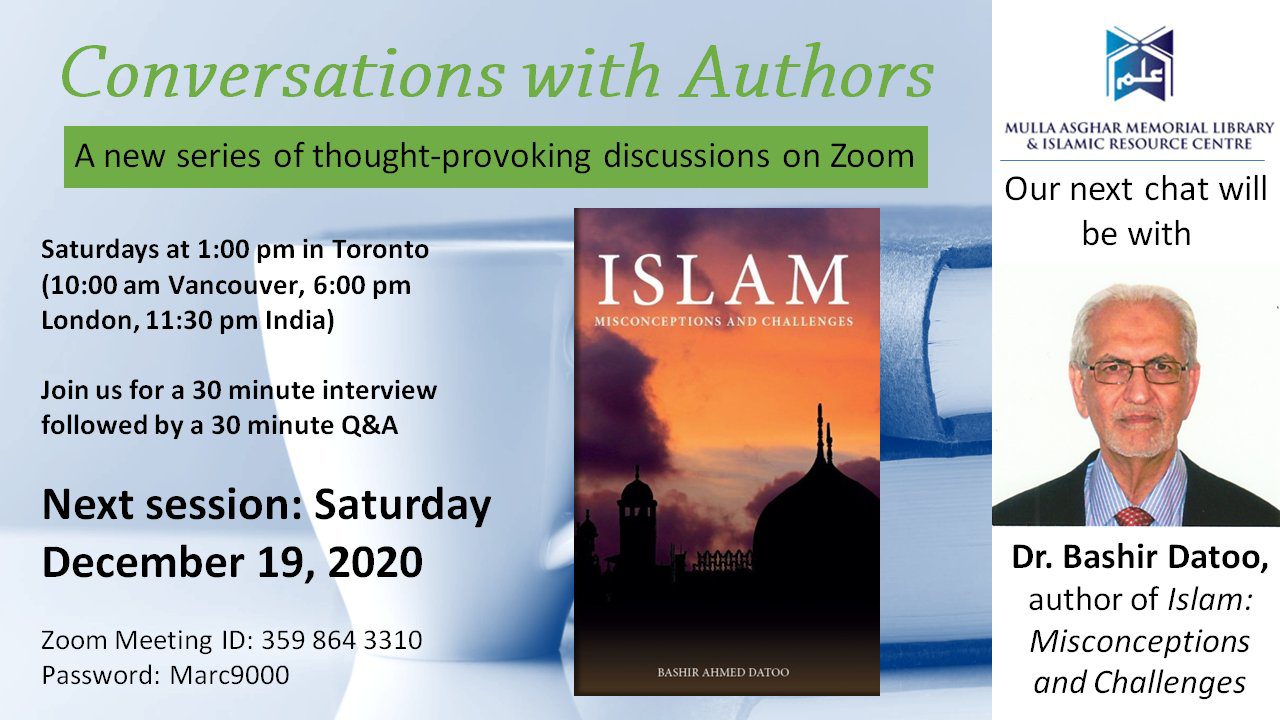There are various misconceptions surrounding the Islamic faith, which often lead to misunderstandings about its teachings and practices. One of the most common misconceptions is that Islam promotes violence and extremism, despite the majority of Muslims being peace-loving and non-violent people. Additionally, there is a tendency to associate Islam with Arab culture, when in reality, the religion is open to people of all races and nationalities. Misconceptions surrounding Islamic views on women’s rights, science and progress, democracy, and evangelism also exist. Educating oneself and others about the true tenets of Islam is critical to fostering global understanding and acceptance of different faiths.
10 Common Misconceptions About Islam That Need to be Corrected
1. Islam is a Violent Religion
Islam is often associated with terrorism and extremism. However, the majority of Muslims are peaceful and condemn violent acts. Islam is a religion of peace and tolerance that aims to promote harmony and unity among people of all faiths. It is wrong to judge an entire religion based on the actions of a few extremists.
2. All Muslims are Arabs
Islam is a universal religion that is open to people of all races and nationalities. While the majority of Muslims are from the Middle East and North Africa, there are also Muslims in Asia, Europe, and the Americas. The diversity within the Muslim community is one of its strengths and should be celebrated.
3. Muslim Women are Oppressed
One of the biggest misconceptions about Islam is that it is oppressive towards women. However, Islam actually grants women rights and protections in areas such as education, marriage, and inheritance. While there may be cultural practices that are oppressive towards women, these are not necessarily endorsed by Islam.
4. Muslims Worship a Different God than Christians and Jews
Muslims worship the same God as Christians and Jews. In Islam, God is referred to as Allah, which is simply the Arabic word for God. Islam acknowledges the same prophets and messengers as Christianity and Judaism, such as Adam, Abraham, Moses, and Jesus.
5. Jihad means Holy War
Contrary to popular belief, jihad does not mean holy war. Jihad is a concept in Islam that means struggle or striving. It can refer to the internal struggle against one’s own desires, as well as the struggle to maintain a just society.
6. Muslims are Required to Hate Non-Muslims
Islam teaches its followers to treat all people with respect and kindness, regardless of their faith. Muslims are not required to hate non-Muslims, but rather to strive towards peaceful coexistence and mutual respect. The Quran even emphasizes the importance of maintaining good relations with non-Muslims.
7. Islam Opposes Science and Progress
Islam actually encourages the pursuit of knowledge and science. The Quran urges Muslims to reflect on the natural world and seek knowledge. Many Muslim scientists throughout history have made significant contributions to fields such as mathematics, astronomy, and medicine.
8. Muslims are Told to Kill Themselves to Reach Paradise
There is no basis in Islam for the belief that suicide is a means to reach paradise. Suicide is explicitly forbidden in Islam, and those who take their own lives are not considered martyrs.
9. Islam is Against Democracy
While some Muslim countries may not have democratic systems of government, this doesn’t mean that Islam is inherently opposed to democracy. Islam places great importance on justice and accountability, and a democratic society can help to ensure these values are upheld.
10. Muslims are Forced to Convert Others
Islam does not condone forcing others to convert to the religion. Islam teaches that the decision to accept or reject the faith should be made freely, without coercion. Muslims are encouraged to share the message of Islam with humility and kindness, but ultimately, it is up to the individual to choose whether or not to accept the religion.
In conclusion, these misconceptions about Islam are harmful and unfair. It is important to educate ourselves and others about the true beliefs and values of Islam, to promote understanding and respect between people of different faiths.
